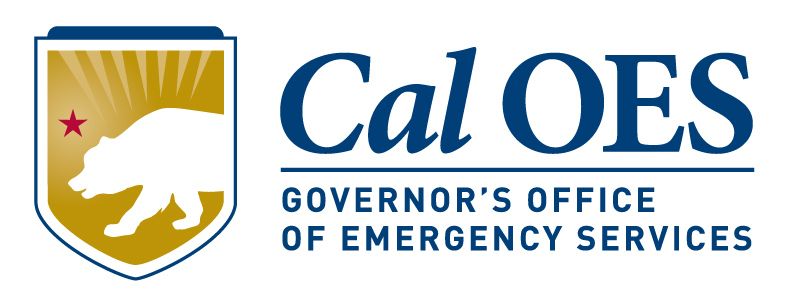Webinar and Video Recordings
- Ask the Expert with Rachel Ray - Immigration 101
- Historical Trauma in the Native American Community
- Implicit Bias Workbook with Taquelia Washington
- Japanese Intergenerational Trauma and Cultural Resilience: Implications for Survivors and Victims of Crime
- Power and Control Wheel of Historical Trauma Video Aid with Gimel Rogers, Psy. D.
- Strengthening Cultural Humility - Dismantling Implicit Bias
-
Immigration policies and administrative decisions affecting immigrants are happening at an almost breakneck speed. Because so many service providers have immigrant clients, individuals in many sectors can benefit from even a surface understanding of these policies and decisions. The pre-recorded session prior to the Ask the Expert session covers topics such as the REAL ID Act, Dream & Promise any, immigration raids, DACA before the Supreme Court, Expanded Expedited Removal, and Public Charge updates.
Rachel Ray is a Managing Attorney at the University of California Immigrant Legal Services Center (“UC Center”). At the UC Center, Rachel handles an immigration caseload and oversees immigration legal services provision to students and their family members at UCSF, UC Davis, UC Merced, and UC Santa Cruz. Her immigration legal experience includes removal defense, family and humanitarian based immigration, and business immigration work at private firms.
-
This video is intended to increase the understanding of the effects of historical and intergenerational trauma in Native communities. It will also increase awareness of effects of settler colonialism on communities of color.
-
This video recording is designed to aid the implicit bias workbook produced in collaboration with Taquelia Washington.
-
This webinar invites and engages professionals in critical reflection and dialogue about American history that centers Japanese American experiences of war, profiling, surveillance, forced removal, incarceration, and state-sponsored trauma, which continues to impact generations of Nikkei (people of Japanese descent) and their families in the United States. Participants will explore topics of intergenerational trauma, cultural values, and various socio-political realities which may influence a Nikkei survivor’s experience as a victim of crime, as well as what professionals should be prepared to know when working with people of Japanese descent.
traci ishigo shares about their experiences as mixed-generation Japanese American, Buddhist, queer clinical social worker, therapist, community organizer in Little Tokyo, and Co-Director of the grassroots solidarity organization, Vigilant Love.
-
This resource is to aid the Power and Control Wheel of Historical Trauma produced in collaboration with Gimel Rogers, Psy.D.
-
This video is to strengthen one's understanding of their own biases as individuals and professionals when working with victims of crime.
Sayida Peprah earned a BA in Psychology from Spelman College and a Psy.D in Clinical Psychology with a Multicultural Specialization, from the California School of Professional Psychology- Alliant International University. Dr. Peprah has a multi-faced career as a clinician, educator and consultant. She is a Deputy Chief Psychologist for the U.S. Department of Justice, Federal Bureau of Prisons providing and supervising mental health services for incarcerated men and women, at the federal prison complex in Victorville, CA. She is also an Associate Professor of Psychology for the University of Phoenix, for the past 8 years, facilitating courses in Cultural and Correctional Psychology. As a consultant, Dr. Peprah regularly offers cultural competency, mental health and maternal mental health trainings and workshops for non-profit, government and community agencies. In 2014, she was a featured speaker at the United Nations 65th NGO conference, on the topic of Mental Health in the US. Dr. Peprah is dedicated to contributing her expertise, both in the field, as a clinician, and as an educator and consultant in academic, non-profit, government and corporate sectors.

